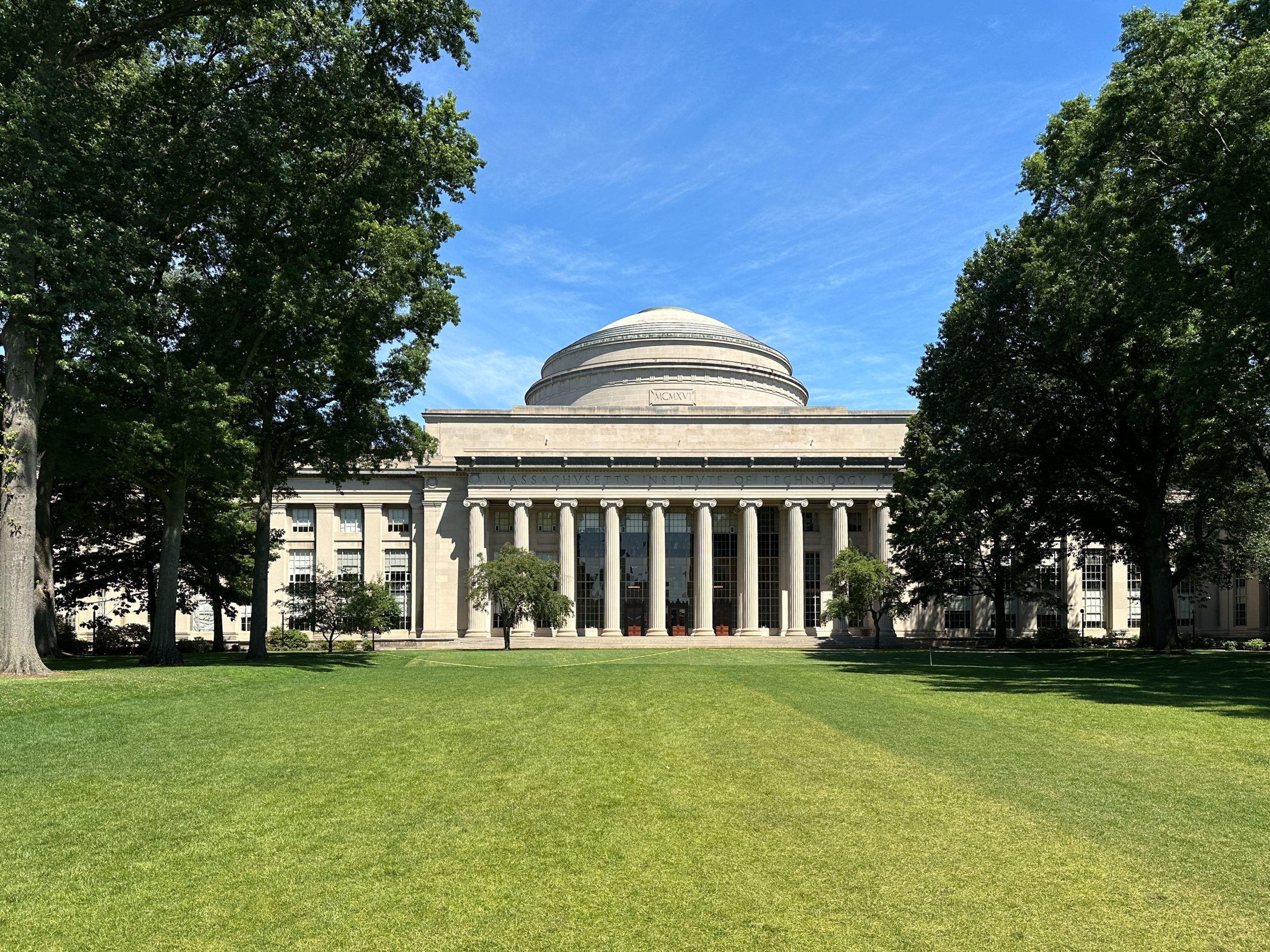MIT has formally distanced itself from a high-profile AI research paper, citing serious doubts about the authenticity of its data and findings. The move marks a significant step in the ongoing conversation about research ethics in fast-moving fields like artificial intelligence.
The paper, titled “Artificial Intelligence, Scientific Discovery, and Product Innovation,” was written by former MIT doctoral student Aidan Toner-Rodgers. It claimed that using an AI tool in a large materials-science lab boosted scientific outcomes—reporting a 44% jump in new discoveries, a 39% increase in patents, and a 17% rise in product innovations.
The study, first posted to arXiv in November 2024, drew praise from top economists including MIT’s Daron Acemoglu and David Autor. But it also included a red flag: scientists in the study reported lower job satisfaction after adopting the AI tool.
Questions Begin to Surface
In January 2025, a computer scientist with a background in materials science raised a critical question—did the lab described in the paper even exist?
That single doubt triggered a deeper look. Acemoglu and Autor, both initially supportive of the research, approached MIT leadership to raise concerns. The university responded by launching an internal investigation through its Committee on Discipline.
On May 16, MIT released a public statement: “MIT has no confidence in the provenance, reliability or validity of the data and has no confidence in the veracity of the research contained in the paper.”
The university has since asked arXiv to remove the preprint and has requested the same of the Quarterly Journal of Economics, where the paper was under review.
Author Unreachable
Toner-Rodgers is no longer affiliated with MIT and has not responded to repeated requests for comment.
While there’s no public indication yet of intentional misconduct, the lack of verifiable data was enough for MIT to pull the plug.
Why This Matters
This case isn’t just about one paper—it’s about how easily flawed research can gain traction, especially in hyped fields like AI. The promise of breakthrough discoveries and eye-catching metrics can lead to widespread attention before a study is fully vetted.
AI research is particularly vulnerable. Results often rely on proprietary tools or complex systems that are difficult to independently verify. That makes rigorous peer review and transparent data sharing all the more essential.
A Wake-Up Call for Academia
For MIT and the broader research community, the message is clear: integrity matters more than headlines. The university emphasized its continued commitment to research ethics and urged scholars to flag any concerns they encounter.
This incident is a reminder of the role institutions play in safeguarding the credibility of science. It also shows how quickly the reputation of a study—and its institution—can unravel when basic questions go unanswered.
The push for innovation must go hand in hand with accountability. In a time when AI is reshaping how we understand and build the world, trust in the research process has never been more important.

